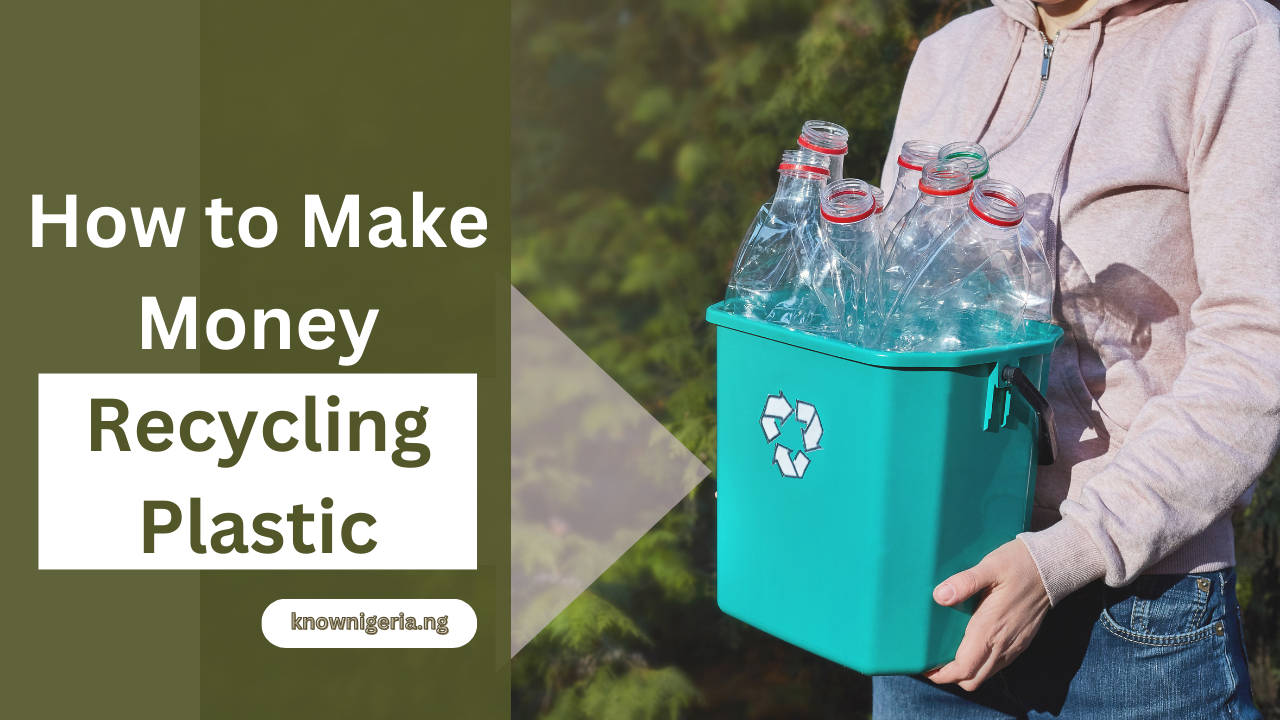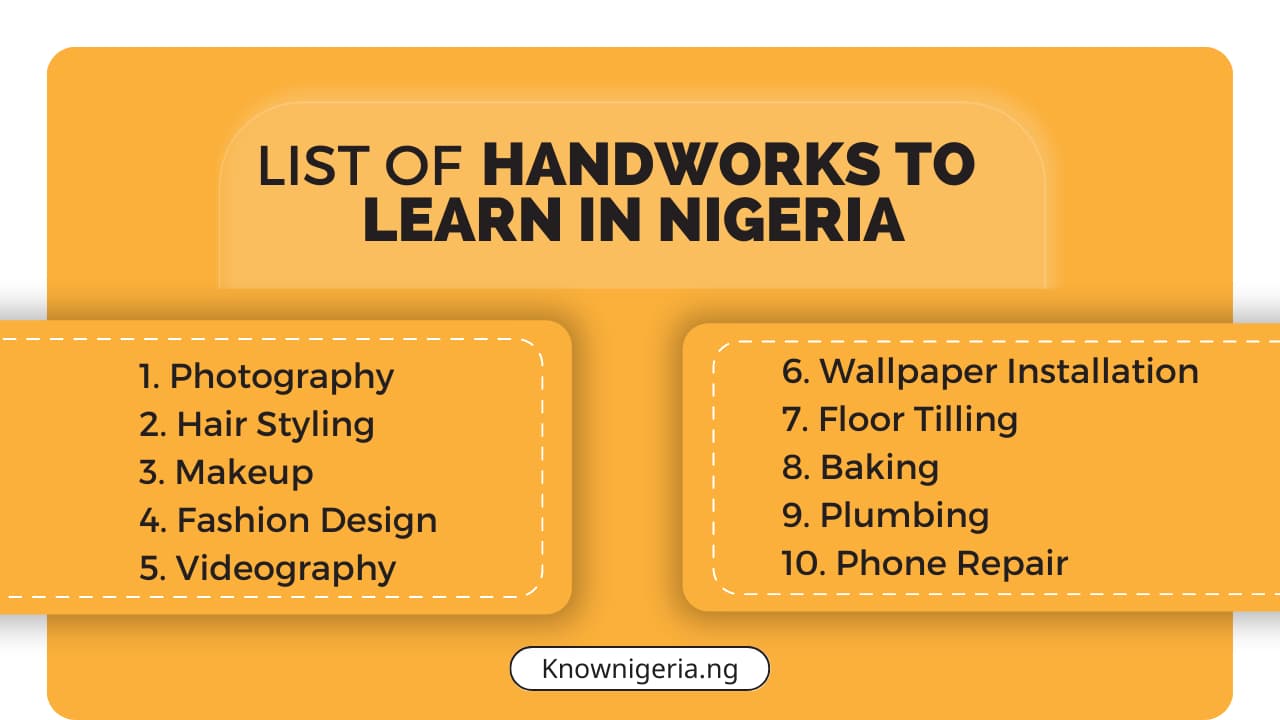In a world increasingly concerned about environmental sustainability, recycling has become more than just a buzzword—it’s a global imperative.
One of the most pressing recycling challenges we face today is plastic waste. Plastic pollution is a major environmental crisis, and its impact on our oceans, wildlife, and overall ecosystem cannot be overstated.
However, amidst this crisis lies an opportunity to make money while contributing to a cleaner planet. In this blog post, we’ll explore how you can make money by recycling plastic.
Table of Contents
WHY RECYCLING PLASTIC IS IMPORTANT
We must all work together to recycle plastic to reduce the environmental problems that plastic waste causes. Let’s examine why it is so important:
Plastic Pollution Is Getting Worse
With millions of tons of plastic garbage entering landfills and waterways each year, plastic pollution is a major global problem. This is dangerous for human health as well as for wildlife.
Carbon Footprint Reduction
The carbon footprint of manufacturing new plastic materials is lessened thanks to recycling. It preserves energy and priceless resources, making the world greener.
Resource conservation
Recycling plastic helps protect priceless resources used to make plastic, such as petroleum. Plastic recycling helps ease the burden on these limited resources.
Economic Advantages
Economic growth and job prospects are boosted by recycling plastic. It’s a win-win situation for the economy and the environment.
Aiming towards Sustainability
Recycling plastic promotes responsible consumption and production, one of the Sustainable Development Goals of the United Nations, and is in line with sustainability goals.
Read ALSO: Best Shipping Companies in Lagos
WHAT ARE THE PROBLEMS WITH PLASTICS?
Understanding the seriousness of the plastic problem is crucial before we examine how to monetize plastic recycling.
Plastics are now a part of every aspect of our lives, from building and healthcare to packaging and consumer goods. Unfortunately, using plastic is expensive despite its convenience. Here are some important details regarding the plastic crisis:
1. There is extensive plastic pollution
There is plastic pollution everywhere, including the air, the land, and the sea. Every year, millions of tons of plastic trash enter our oceans, damaging marine life and upsetting ecosystems.
2. The Durability of Plastic
Most plastics don’t dissolve for hundreds of years, leaving them in the environment long after they’ve served their purpose. This indicates that the impact of the plastic garbage we produce now will persist for many years.
3. Depletion of Resources
Valued fossil fuels are used to create plastic, which also increases greenhouse gas emissions. Recycling plastic aids in resource conservation and lowers our carbon impact.
Recycling has become a crucial option in light of the serious plastic pollution problem, benefiting both the environment and businesses wishing to profit.
WHAT ARE THE TYPES OF RECYCLABLE PLASTICS?
Understanding the many forms of plastics is essential before starting your plastic recycling endeavor. Typically, plastics are divided into seven classes, each of which has recycling characteristics:
1. Polyethylene Terephthalate, or PET
PET is frequently used in polyester fabric, food packaging, and beverage bottles. It is very recyclable and frequently used to produce new fibers and bottles.
2. High-density polyethylene, or HDPE
Milk jars, detergent bottles, and plastic bags all include HDPE. It is renowned for its tenacity and is commonly recycled into plastic lumber, pipes, and containers.
3. Polyvinyl chloride, or PVC
Vinyl flooring, cable insulation, and pipelines are all made of PVC. Due to the chemical makeup of PVC, recycling it might be difficult, yet it is utilized to create products like garden hoses and traffic cones.
4. Low-density polyethylene (LDPE)
Plastic bags, shrink wrap, and some food containers all contain LDPE. It is frequently recycled into plastic lumber and trash bags.
5. Polypropylene (PP)
Products like yogurt containers, bottle caps, and automotive components use PP. It is recycled into items like brushes, battery boxes, and brooms.
6. Polystyrene, or PS
Toys, foam packaging, and disposable cups all include polystyrene. It can be recycled into products like insulation and plastic timber, but recycling is difficult because of its small weight.
Read ALSO: How to Start a Farming Business in Nigeria (Golden Tips)
HOW TO MAKE MONEY RECYCLING PLASTICS

Now that you know the basics of the plastic recycling industry, let’s look at the different methods you can sell plastic garbage for a profit:
1. Gathering and Classifying
Collecting and sorting plastic is the first stage in recycling it. Start by gathering plastic trash from your home, neighbors, or businesses. Make sure the plastics are spotless and uncontaminated by substances like food crumbs.
Since different types of plastics cannot be mixed during recycling, sorting is essential. Plastics can be sorted according to their resin codes, the digits found inside the recycling symbol on the plastic product. You can sell the sorted plastic to recycling facilities or producers after it has been sorted.
2. Selling to Recycling Facilities
Plastic garbage is bought from consumers and companies by recycling facilities. The more plastic you gather, the more money you can make since they frequently pay by weight. Depending on the kind and caliber of the plastic, prices may change.
The plastic is processed, cleaned, and prepared for recycling into new items at recycling centers. This is an easy approach to recycle plastic for money, but it can need a lot of storage space for the gathered materials.
3. Establishing a Recycling Company
Consider starting your own recycling firm if you’re seeking a more significant and long-term investment. This might entail a more extensive collection, sorting, and processing of plastic garbage.
You’ll need the following to launch a recycling business:
- Equipment: To successfully treat plastic garbage, spend money on shredders, granulators, and balers.
- Establish a facility for washing and sorting plastic materials.
- Transport: Make plans to collect plastic garbage from diverse sources.
- Find potential customers for your recycled plastic items by conducting market research.
- Regulatory Compliance: Ensure you abide by regional recycling laws and acquire required licenses.
A recycling firm can need a sizable initial investment, but it has the potential to generate sizable profits over time. By lowering plastic waste it also aids in environmental sustainability.
4. Making Products with Value
Making value-added goods from plastic waste is another lucrative plastic recycling strategy. This may involve upcycling and turning waste plastic into brand-new, cutting-edge products. Here are a few concepts:
Recycled Plastic Furniture: Using recycled plastic lumber, design and construct furniture such as benches, tables, and chairs. These goods may be sold to consumers, companies, or public places.
Reusable Bags: Create reusable grocery bags, tote bags, or backpacks from recycled plastic. This industry is promising because there is a growing need for eco-friendly bags.
Use plastic trash to make art, furniture, jewelry, and other decorative items. Products that are distinct and sustainable frequently find a niche market.
Building Supplies: Recycled plastic can make construction supplies like insulation, roof tiles, and plastic bricks. These materials are not only economical but also environmentally friendly.
Value-added goods bring in money and demonstrate recycling’s creative potential. They appeal to shoppers who care about the environment and are prepared to pay more for sustainable goods.
Read ALSO: List Of Best Loan Companies In Nigeria
5. Collaborating with Companies
One of the ways on how to make money recycling plastic bottles is by collaborating with plastic companies. Numerous companies actively seek solutions to reduce plastic waste and raise their sustainability ratings. This allows people or business owners to collaborate with other companies to manage their plastic trash.
Here are some suggestions for working with companies:
1. Consultancy:
Provide consultancy services to assist firms in creating policies for recycling and reducing plastic waste. This can involve doing waste audits, educating staff, and identifying recycling options.
2. Waste collection services:
Offer regular collection and recycling options for plastic waste from businesses. Businesses may be charged a fee based on the plastic waste they generate.
3. Provide Recycled Materials:
If your recycling efforts are more extensive, consider providing firms with recycled plastics they may use to make products or packaging.
Business alliances can be profitable and a reliable source of income, particularly if you create long-term contracts with clients devoted to sustainability.
6. Grants and crowdsourcing
If you have a creative and worthwhile project proposal for recycling plastic, consider applying for grants or money through crowdfunding websites. Initiatives to address plastic pollution are supported by numerous organizations and individuals.
Through crowdfunding, you may share your project with a large audience and raise money from others who support your goals. Innovative recycling projects have been successfully funded by websites like Kickstarter and Indiegogo.
Conversely, grants may come from governmental bodies, charitable institutions, or charities devoted to preserving the environment. Find grants that support your goals for recycling plastic, then apply for them.
7. Workshops and Programs for Education:
Sharing your expertise on recycling plastic might be a lucrative method to earn money while promoting environmental causes. Consider planning instructional workshops and events for corporations, community organizations, and schools.
These courses, which might cover subjects like the value of recycling, strategies for reducing plastic waste, and do-it-yourself recycling projects, can be charged for. Programs for education may also lead to collaborations with institutions and groups that support sustainability.
WHAT ARE THE TIPS FOR RECYCLING PLASTIC SUCCESSFULLY?
Although recycling plastic can be lucrative, success depends on having the appropriate mindset and winning methods. The following advice will help you succeed in the plastic recycling industry:
1. Maintain Knowledge:
Follow the most recent innovations in market trends, sustainability efforts, and plastic recycling technology. Knowledge can help you adjust and make wise decisions since knowledge is power.
2. Internet:
Establish connections with businesses, environmental organizations, and recycling facilities in your community. Opportunities, resources, and collaborations can be found through networking.
3. Quality Is Crucial:
Make sure the plastic you collect and recycle satisfies quality requirements. Clean and free of contamination, plastic is worth more on the recycling market.
4. Prioritize safety:
Prioritize safety if you are involved in the processing of plastic garbage. Use the proper safety gear and adhere to best practices to avoid mishaps and harm.
5. Encourage Sustainable Living:
When selling your services or products, emphasize the environmental benefits of recycling. Your dedication to sustainability can be a selling feature because it is becoming increasingly valued by consumers and businesses.
Read Also: Best Tips: How to Plan a Birthday Party
WHAT ARE THE COMPANIES THAT RECYCLE PLASTICS IN NIGERIA?
Here are some of the recycling plastics companies in Nigeria:
1. Wecyclers:
Wecyclers is a waste management company specializing in plastic collection and recycling. They offer various services, including door-to-door collection, corporate recycling programs, and community recycling events.
2. Plastic Recycling Company of Nigeria (PRC):
PRC is Nigeria’s leading plastic recycling company. They collect and recycle plastics, including PET, HDPE, LDPE, and PP. They also produce various recycled plastic products, such as pellets, flakes, and granules.
3. Recyclables Bank:
Recyclables Bank is a social enterprise working to make recycling more accessible and affordable in Nigeria. They offer various services, including door-to-door collection, corporate recycling programs, and community recycling events.
4. Recyclart:
Recyclart is a social enterprise that is working to reduce plastic pollution in Nigeria by recycling plastic bottles into works of art. They also offer educational programs and workshops on recycling.
5. The Green Project:
The Green Project is a non-profit organization promoting environmental sustainability in Nigeria. They offer various services, including recycling, waste management, and environmental education.
In addition to these companies, a number of other companies and organizations in Nigeria are involved in the recycling of plastics. These include:
- Government agencies: The Nigerian government has several agencies responsible for waste management and recycling. These agencies include the Nigerian Environmental Standards and Regulatory Enforcement Agency (NESREA) and the Federal Ministry of Environment.
- Non-profit organizations: There are a number of non-profit organizations in Nigeria that are working to promote recycling and reduce plastic pollution. These organizations include the Environmental Rights Action/Friends of the Earth Nigeria (ERA/FoEN) and the Centre for Environment, Human Rights and Development (CEHRD).
- Informal sector: The informal sector plays a significant role in the recycling of plastics in Nigeria. Informal recyclers collect and sell plastic waste to recycling companies and organizations.
The recycling of plastics in Nigeria is still in its early stages of development, but there is a growing interest in recycling from both the public and private sectors. The companies and organizations listed above are playing a leading role in the development of the plastics recycling industry in Nigeria.
Read ALSO: 10 Best Platforms To Make Money Online
Frequently Asked Questions (FAQs)
A: Can recycling plastic make a difference?
A: Definitely! Recycling plastic helps fight plastic pollution by reducing waste and conserving resources.
How do I start recycling plastic at home?
A: Sort plastic waste into several categories, locate a nearby recycling facility, and familiarize yourself with recycling best practices.
Are there any government-sponsored incentives for recycling plastic?
A: Many governments provide funding and incentives to encourage plastic recycling programs.
Can I make a life by recycling plastic?
A: You can make plastic recycling lucrative by gathering, selling, upcycling, or providing services related to recycling.
Conclusion
Recycling plastic is a practical way to make money in addition to helping the environment. You can turn trash into treasure and help create a cleaner, more sustainable world by gathering, sorting, processing, and creatively reusing plastic waste.
There are opportunities for people and company owners at every level, whether you start out small by collecting plastic bottles or launch a large-scale recycling operation. You can not only generate money with commitment, innovation, and a commitment to sustainability, but you can also make a significant contribution to the fight against the catastrophe of global plastic pollution.
If you like our content, we know you would love our excellent content on our Youtube channel, Tiktok, Facebook, Instagram, and Twitter. Please subscribe and follow us for more Premium Know Nigeria content.










